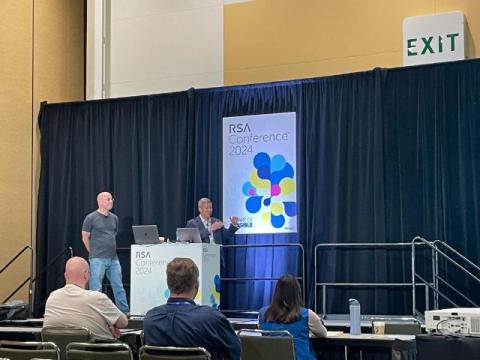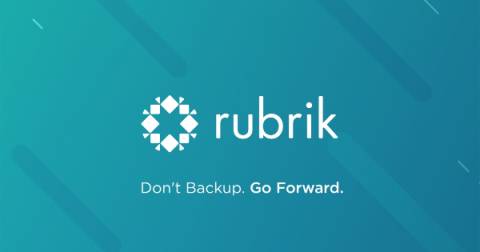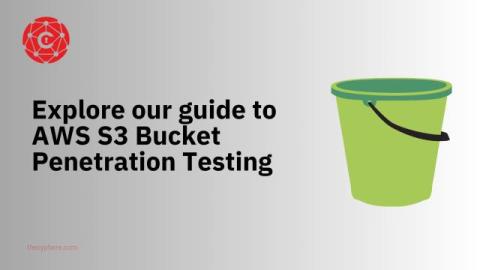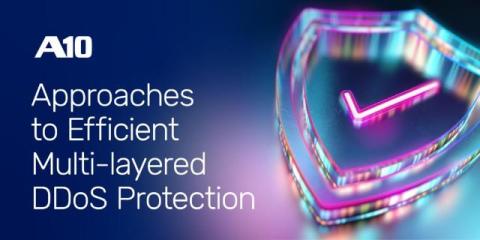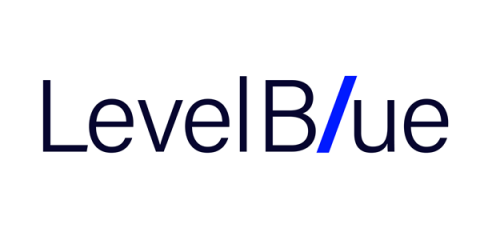Navigating Compliance Complexities with Modern IAM Solutions
Effective identity and access management (IAM) is crucial to both data security and regulatory compliance. Closely governing identities and their access rights is vital to ensuring that each individual has access to only the business systems, applications and data that they need to perform their roles. IAM reduces the risk of accidental data exposure or deletion by account owners, while also limiting the damage that could be done by a malicious actor who compromises a user account.




